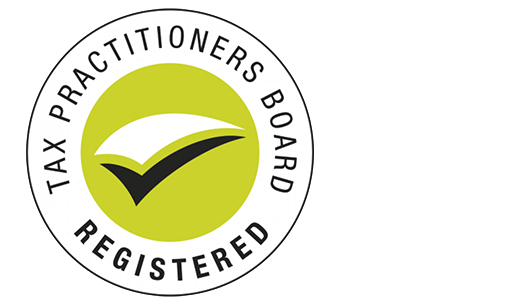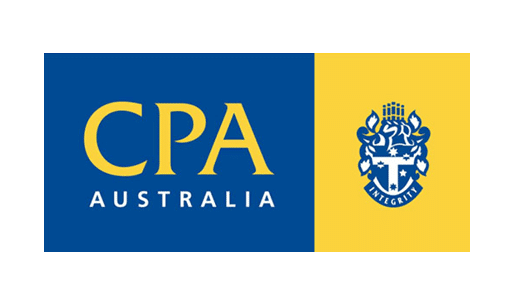All taxpayers are allowed to arrange their affairs in a manner that remains legal but which minimises their tax. So here are 30 ways to minimise the tax you pay, and to leave a few dollars in your pocket!
What is Taxable Income? The trading profit of a business is often not the same figure as your taxable income. The latter is affected by tax laws which change the timing of when income is recognised and when deductions are allowed. On occasions some expenses are permanently disallowed or 
Taxable income in a tax year is usually the net of assessable income less allowable deductions for the year. If you can defer some of the income to a later year, or accelerate planned expenditure so that it is claimed in this tax year, then you will succeed in reducing your current year’s tax.
DEFERRING INCOME
- 1. Cash or Accruals – Determine whether you should use “Cash” or “Accruals” tax accounting. On the cash basis, taxable income is the net of amounts that are actually received less amounts actually paid at year end. The proceeds of pre – 30 June sales which have not yet been received, are excluded from income for the current year. So it is a mere ‘in and out of the bank account’ exercise.
- Unearned income – Make sure that you exclude any income that you may have received but not yet earned. Defer the income until the next year.
- Defer Billing – If your cashflow can stand it, think about deferring your invoicing until after 30 June. A one month delay in billing will mean you pay tax on the income a whole year later. Mind you, your customers might want you to bill pre-June so that they can claim the deduction. And a few days delay in billing will usually mean that you get paid a whole month later.
- Interest – For most taxpayers interest is only assessable when actually received. If you are lucky enough to have a few term deposits, arrange to have them mature after 30 June rather than just before.
BUSINESSES DEDUCTIONS
- Bad debts – Trade Debtors should be reviewed prior to 30 June to identify and write off any bad ones.
- Scrap assets – Review your asset ledger and write off all assets that have been scrapped or which have outlived their useful economic lives.
- Low Value Pool – Assets which have been written down to where their value is quite low can be pooled together and depreciated at a higher rate.
- Low value assets – Assets costing $300 or less can be written off immediately under certain conditions.
- Obsolete Stock – Obsolete trading stock with no value can be written off and a tax deduction claimed this year.
- Slow moving Stock – Slow moving stock can be written down to net realisable value.
- Stock Valuation – Stock can be written down from cost to a lower replacement value; not a common adjustment but one that is more relevant these days with the stronger Australian dollar making imports cheaper.
- Maintenance – The work car is due for a service or some new tyres, why not get it done pre-June rather than just after? For the sake of paying a few days earlier you accelerate the effect of the tax deduction by a whole year earlier.
- Superannuation – Employees’ superannuation contributions should be actually paid before 30 June to obtain a deduction, and to avoid the Superannuation Guarantee Charge.
- Personal Superannuation – You can claim a deduction for personal superannuation contributions if your salaries and wages income is less that 10% of your total income.
- Self Education deductions – If you receive a Youth Allowance, you are allowed a deduction for certain self-education expenses.
CAPITAL GAINS TAX
- Small Business Concessions – You should consider the availability of other small business CGT concessions which have the effect of reducing or deferring a capital gain arising from the disposal of a business asset.
- CGT Discount – The CGT discount is not available when you sell an asset that you have held for less than 12 months. Consider deferring the disposal of these assets until the 12 months threshold has past.
- Roll gain into Superannuation – In some circumstances you can avoid paying tax on capital gains if you use some or all of the funds to make a personal superannuation contribution.
- Roll gain into another asset – CGT law allows you to roll over a capital gain into a replacement asset, effectively deferring the tax on the gain.
COMPANIES
20. Tax Losses – Check to see if your company has any tax losses carry forward from prior years. These will be able to be offset against this year’s income. You’ll need to make sure that the company passes either the Continuity of Ownership or the Same Business tests.
21. Loans treated as dividends – Companies are allowed to make loans or payments to their shareholders or associates (or even forgive debts). There are onerous tax consequences however unless the loans are put on a legitimate footing with proper loan agreements with interest being charged, principal repayments made and, in some case, genuine security taken. Alternatively, the loan can be repaid by the earlier of the due date for lodgement of the company’s return for the year or the actual lodgement date. It’s important to get some good tax advice or suffer the tax consequences.
22. Tax Consolidation – If you’ve got a few companies that make up your group, you may want to consider consolidating them for tax purposes before the end of the year. The resultant single tax entity allows you to offset profits and losses from the different entities.
23. Personal Services – The company tax rate on income is currently 30%. Individual tax rates can be much higher. If you provide services through a company where those services are virtually all from your personal exertion, you could well find that the income will be considered to be all yours and not the company’s. There are a couple of hoops to jump through to make sure that the income is treated as income of the company.
TRUSTS
24. Distribute all income – You need to make sure that you effectively distribute all income each year otherwise undistributed income may be taxed at 46.5%.
25. What constitutes trust income – A recent High Court case has challenged the historic advantages of using a trust to reduce the rate of tax that you pay. Nothing has been outlawed; the rules for some have just changed a little. It all swings on the wording of your trust deed as the deed dictates how trust income is defined and whether capital gains are treated as normal income or not.
26. How income is assessed – When some accounting expenses are not tax deductible, the net income of the trust for tax purposes exceeds its accounting income. Recent tax law resolved that the distribution of the taxable income must align proportionately with the distributions made for the accounting income. This can create a problem if you want to limit the income of some beneficiaries to a set dollar amount eg: children under 18. It pays to leave a little leeway in your accounting distributions to allow for potential rejection of some tax claims.
27. Unpaid present entitlements – If a trust has an unpaid present entitlement to a corporate beneficiary, complex tax issues arise. If you can, you should pay the entitlements back before you lodge the trust’s income tax return.
SUPERANNUATION
28. Co-Contribution – Low-income earners should think about making a personal superannuation contribution so that they qualify for the government’s superannuation co-contribution payment.
29. Re-contributions – Currently, strategies exist that allow you to draw a pension from your fund and re-contribute amounts to the funds, reducing tax significantly, while maintaining your same net cash. Don’t leave it to the last minute to set this up though.
30. Contribution caps – Make sure that you don’t contribute more than the annual concessional contribution cap of $30,000 if you’re younger than 50, or $35,000 if you’re older than 50, or risk being subject to an excess contributions tax of 46.5%. Taxpayers are often brought undone by forgetting salary sacrificed superannuation while also contributing to an industry fund.
Help yourself to Optim-ise your position!
Contact Optima Partners if you require assistance.
Philip Nolis CPA Dip FS (FP)
Director – OPTIMA PARTNERS





Leave a Comment